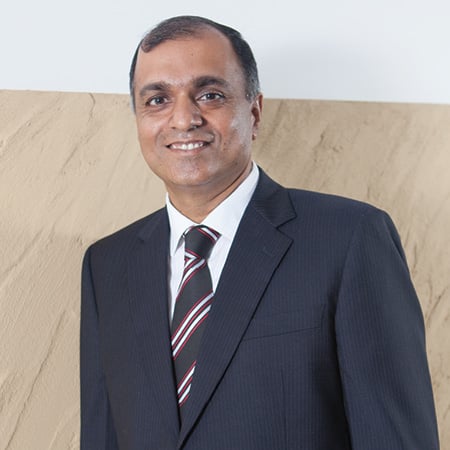Bangladesh Steel Re-Rolling Mills, known as BSRM, is one of the largest steel companies in the thriving economy of Bangladesh. With a history outdating the country—BSRM started manufacturing in 1952 in what was then East Pakistan—the company has generations of experience and a history of producing quality steel. Managing Director of BSRM, Aameir Alihussain, is the third generation of his family to work for the company. His grandfather Akberali Africawala and his brother Taherali Africawala founded BSRM, while his father, Alihussain Akberali, is the current chairman and uncle Zohair Taherali is Director.
Aameir joined the company in 2000 after completing a bachelor of economics from McGill University in Montreal, Canada, and an MBA from Lahore University of Management Sciences in Pakistan. His focus is on day-to-day operations while ensuring the sustainable growth of the business, something that has been very successful over the last two decades. “We have expanded a lot in the last 15 years that I have been with the company,” Aameir explains. “We are also now a public company listed on the stock exchange in Bangladesh, not a privately-owned family company.
“We were a relatively small player when I became the Managing Director, but have always been the largest steel producer in the country. Over the last 15 years, my country has been growing between six and seven per cent every year. Even during the financial crisis of 2008 and 2009. So we have been able to expand rapidly with the growth in the economy of Bangladesh.”
This has translated into huge growth for BSRM, as the Bangladeshi economy expands and the demand for steel soars. “In the early 2000s, we produced around 48,000 tonnes of steel a year. Now, 15 years later, we are doing over 700,000 tonnes,” Aameir says. “We have two new projects recently commissioned and, because of those, our capacity is going to increase to 1.3 million tonnes this year. We should be able to start commercial production on the two new plants in the next month, and then in about six months time we are going to reach the full capacity of the plants.”



